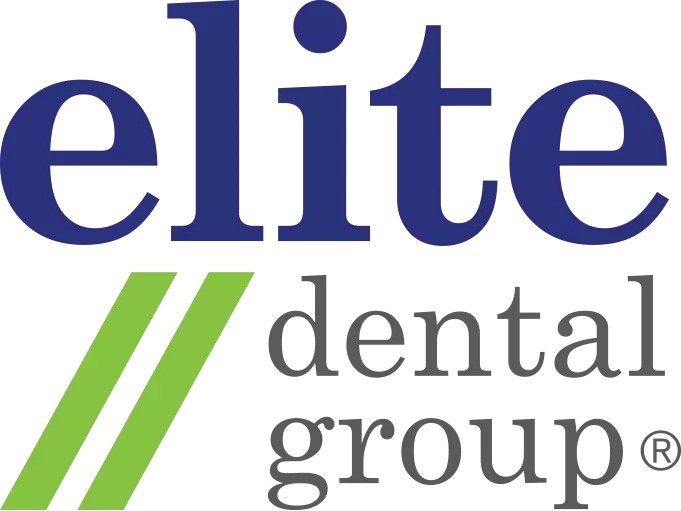Introduction
If you are an athlete, you probably know that the life of an athlete is not easy.
As an athlete, you face a lot of physical and mental challenges during your career that can threaten to derail the hard work that you have done. It can also be difficult to keep up with both your physical and oral health with a packed schedule. Many athletes forgo their oral health because oral health can seem like the last priority on the list.
If this sounds familiar to you, then you should consider finding a sports dentist who can provide dedicated focus and care for athletes like yourself.
A professional who focuses on treating athletes is likely to be aware of the unique problems associated with being active in sports and can help address them quickly and effectively. Here are five reasons why:
Sports Dentistry
Sports dentistry is a unique field in the dental profession. Sports dentists are trained to handle all types of dental trauma, including broken teeth and jaw injuries.
Sports dentists are equipped to deal with conditions such as:
- Dental trauma
- Broken teeth
- Chipped teeth
- Jaw injuries
- TMJ disorders
A sports dentist can provide custom mouthguards for athletes.
Mouthguards are a simple, effective way to protect your teeth from injuries caused by impact.
They are custom-made for each athlete’s mouth and come in a variety of materials, including flexible thermoplastic materials that can be formed into any shape necessary. Sports dentists have the training required to make sure these mouthguards are properly fitted so they fit comfortably while still providing maximum protection against injury.
Athletes aren’t the only ones who can benefit from wearing mouthguards though; anyone at risk of an injury should consider wearing one as well, whether they play sports or not! For instance, if you grind your teeth at night (known as bruxism), this can lead to tooth wear over time which could eventually lead to more serious issues like cavities or even broken teeth. A dentist who works in sports dentistry will know how best to help you prevent these types of problems from occurring in the first place!
Sports dentists can repair or remove broken teeth.
If you have a tooth that has been broken or chipped, then a sport dentist can repair or remove it.
The most common way to fix a damaged tooth is by placing a crown over the top of it. A crown is stronger than fillings, so it will last longer and provide better protection against further damage. Metal or porcelain crowns may be used to make your teeth look as natural as possible so that no one will notice any difference with your smile unless they get close enough or have a very discerning eye!
A sports dentist can facilitate tooth replacement.
The best dentists for athletes will know that if you’re an athlete, it’s likely that you have had a tooth knocked out or lost.
Dental implants are the best way to replace missing teeth as they are permanent, can last a lifetime and allow for continued physical activities.
Dental implants are metal posts that are inserted into the jaw bone so that your natural teeth can be attached to them. They look like real teeth and function just like them too! Once dental implants are fitted, you’ll be able to regain your smile back again with confidence.
Sports dentists can help athletes with TMJ disorders.
TMJ disorders are common in athletes.
The official acronym for TMJ is Temporomandibular Joints, but you may also hear it referred to as TMD.
TMJ disorders occur when the teeth and jaw do not align properly, causing pain in the temporomandibular joints. Temporomandibular joints are found at the base of your skull and hold together your lower jaw bone (mandible) and upper jaw bone (maxilla). If these two bones aren’t aligned properly, they can rub against each other causing excruciating pain that can interfere with athletic performance.
In severe cases where athletes have chronic tension headaches or migraines caused by their TMJ disorder, they can also be diagnosed with another condition called occlusal imbalance. A sports dentist who works on diagnosing these conditions can help find out if this is what’s causing an athlete’s discomfort during training sessions so treatment options can be discussed before heading back out onto the field again!
There are many reasons why you should seek treatment from a sports dentist if you are an athlete and are suffering from dental problems.
Why Athletes Should Seek Dental Help From A Sports Dentist
Sports dentists are trained to work with athletes like yourself. Besides being able to provide proper mouthguards and repair broken teeth, sports dentists can facilitate tooth replacement with implants or crowns if necessary.
These procedures require highly trained professionals who understand how to best treat each individual patient’s unique circumstances. In addition to providing these services themselves, some dentists will refer patients to other specialists if needed (such as oral surgeons) so that the entire team works together seamlessly toward the goal of restoring the patient’s oral health.
Sports dentists also specialize in treatments for TMJ disorders—a condition where jaw joints become inflamed or misaligned due to stress or injury—and may be able help athletes suffering from these problems find relief through treatment such as splint therapy or physical therapy sessions held at their office location instead of requiring an appointment elsewhere like some traditional practices would require before giving out referrals such as those mentioned above
Conclusion
We hope this article has given you a better understanding of why sports dentistry is important and how it can help athletes. If you are an athlete, we encourage you to seek treatment from a sports dentist who is experienced in treating dental injuries.
Author
This article was written and reviewed by Dr Thira Wong – a general dentist who has a unique focus in sports dentistry. Dr Thira Wong was inspired to write this article after watching the Southeast Asian Games. She spent most of her time during the SEA Games analysing the dental and oral health of participating athletes.

 Elite Dental Group
Elite Dental Group